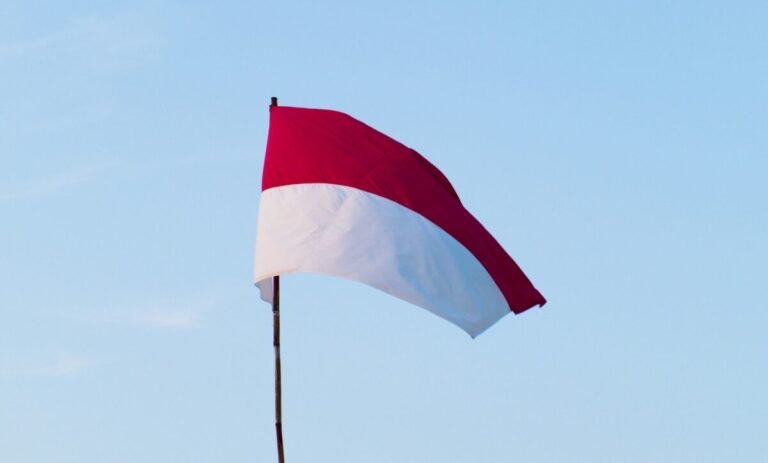Image: James Tiono, Unsplash
According to Jakarta-based think tank IESR, the introduction of power wheeling in Indonesia would help accelerate the country’s energy transition to net zero emissions.
Power wheeling, which refers to transporting energy from an electricity grid to an electrical load outside the grid boundaries, would allow electricity producers in Indonesia to supply electricity directly to end users through the transmission and distribution networks owned by the licensee.
IESR is pushing for the mechanism to be included in the country’s New Energy and Renewable Energy Bill. The institute’s executive director Fabby Tumiwa said power wheeling could create a market for renewable energy and have a positive impact on industrial investment in Indonesia.
“The existence of a power wheeling program will make it easier for the industry to obtain electricity from renewable energy sources, so that it can reduce the industry’s carbon footprint, achieve its sustainability objective and have a good image the green industry can offer to its customers,” said Tumiwa. “This is positive for improving the investment climate in Indonesia.”
Tumiwa added the current dependence on demand and the purchasing process state utility company PLN is one of the factors hindering the rapid development of renewable energy in Indonesia. He says that PLN’s position as the sole buyer means that the development of renewable energy sources is ‘suboptimal’. He claimed that a “power wheeling” program would encourage the involvement of other state and private electricity producers in renewable energy development, thereby supporting the diversification and growth of Indonesia’s renewable energy mix.
The institute said that power wheeling should ensure that it does not sacrifice the reliability of the electricity supply and that wheeling charge rates should reflect the costs required to maintain and improve the reliability of the system, and therefore the net owner do not harm. It added that the government or the regulator should determine the tariff formula for using the shared electricity grid.
In February, the Indonesian government abolished net metering. The IESR said this could make it harder for the country to meet its solar deployment targets.
This content is copyrighted and may not be reused. If you would like to collaborate with us and reuse some of our content, please contact: editors@pv-magazine.com.


